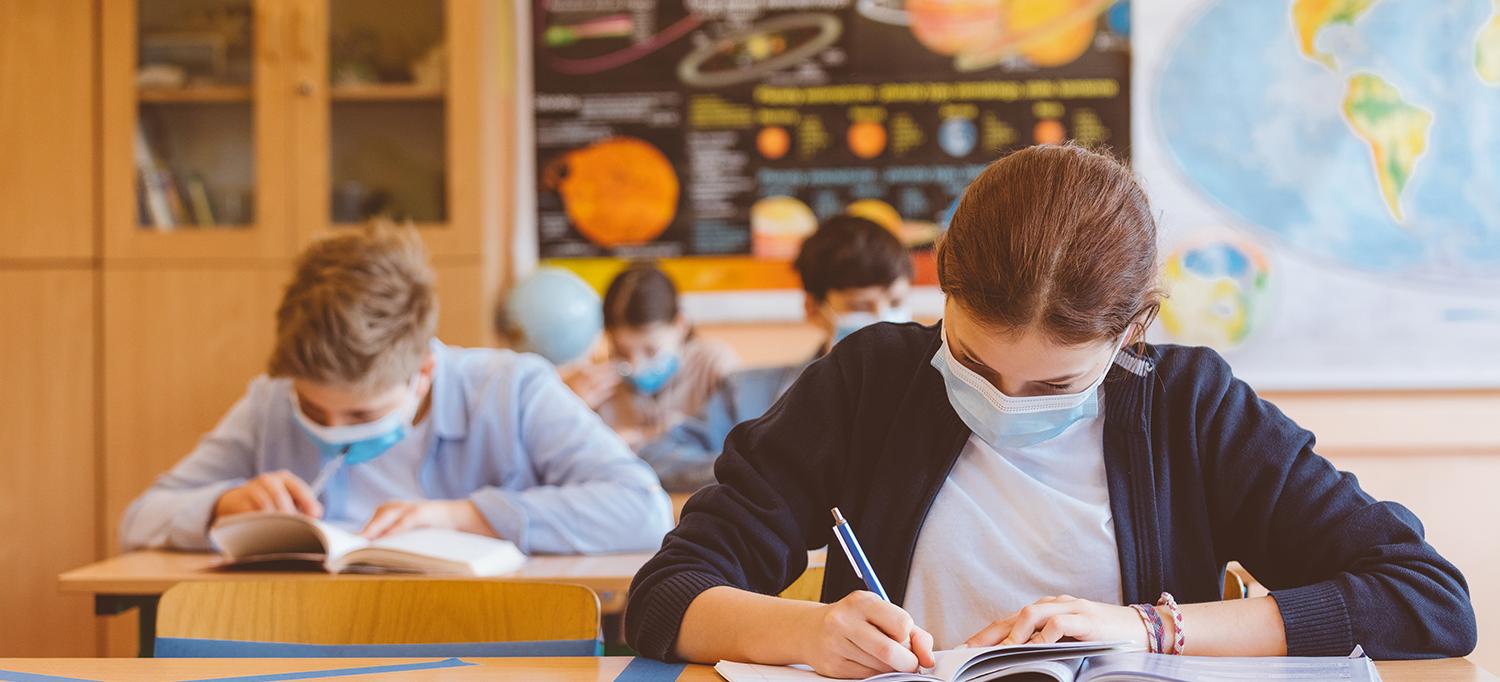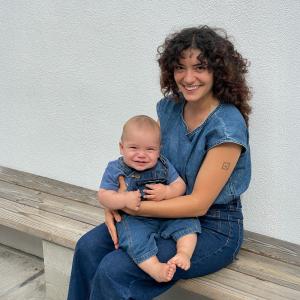
Photo: izusek/Getty
Experts agree that there are significant social benefits to resuming in-person classes this fall, but they caution that schools will need to balance those against potential risks from 2019 coronavirus disease (COVID-19) in order to provide a safe learning environment for students, teachers, and administrators.
“It really shouldn’t be a debate of getting kids back to school, but getting kids back to school safely,” says Jennifer L. Lighter, MD, a pediatric infectious disease expert and hospital epidemiologist at Hassenfeld Children’s Hospital at NYU Langone.
Evidence suggests that children are not as susceptible as adults to COVID-19, and even among those who have been infected, hospitalization and serious complications are rare. Children make up about 22 percent of the population in the United States, but kids account for only 2 percent of coronavirus cases so far, according to the Centers for Disease Control and Prevention.
It’s been reported in Europe and the United States that some children infected with the coronavirus experienced inflammatory symptoms similar to Kawasaki disease. More than 100 cases of the complication, named multisystem inflammatory syndrome in children or MIS-C, were reported in New York, which was the epicenter of the coronavirus pandemic in North America in March and April. Though potentially deadly, Dr. Lighter said MIS-C is “exceedingly rare.”
Having kids physically present in classrooms as much as possible this fall would be an “ideal situation,” Dr. Lighter says, but schools will need to implement policies that allow students to maintain some distance indoors and avoid close contact for prolonged periods of time. Strategies to achieve this include decreasing class sizes, rearranging desks to ensure kids aren’t clustered together or facing one another, and moving gym classes or other recreational activities outdoors, she says.
Dr. Lighter adds that in some circumstances, it may be important for schools to reopen because these institutions have important social functions, in addition to providing an education.
“I think children have had significant social and emotional concerns from online learning over the past several months,” Dr. Lighter says. “I don’t think online learning works very well for children, especially young children, and especially children that are in poverty.”
Read and watch more from NBC News.

